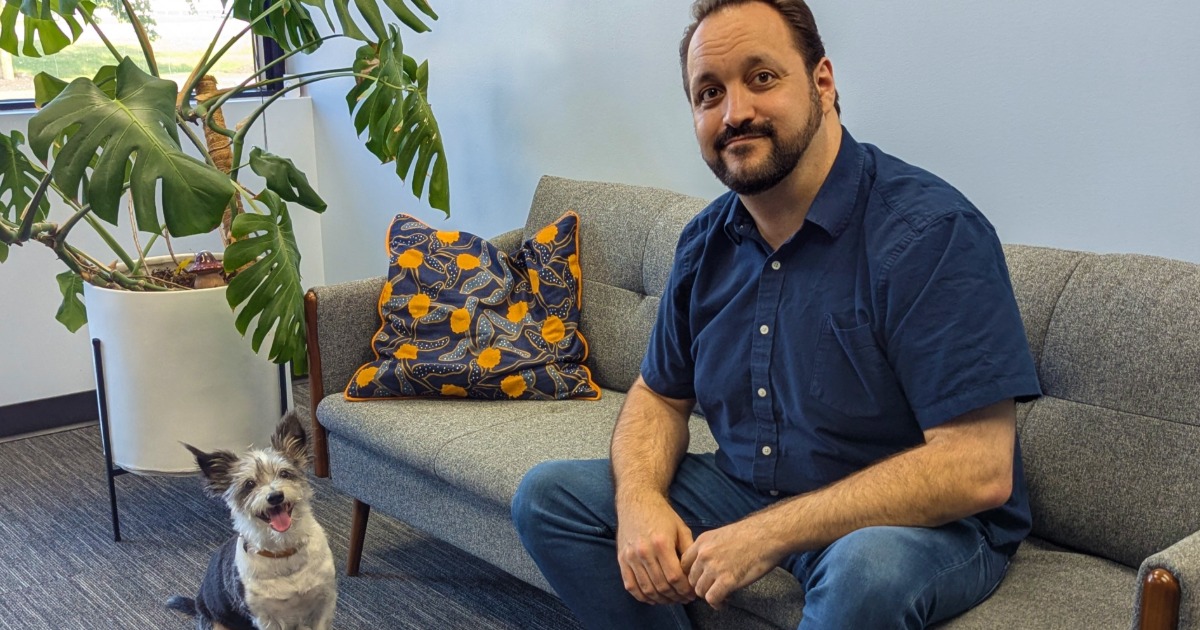Scant mention of health IT in party platforms
WASHINGTON - It's a joke without a punch line: Both Republican and Democratic national party platforms make barely any mention of health IT.
To be certain, there's plenty of focus on the broader healthcare issues. The GOP platform, in fact, dedicates its first two sections to "Saving Medicare for future generations," and "Strengthening Medicaid in the states." The Democrats also address the issue early on, with a section about healthcare as part of "The middle class bargain," and another on "Social Security and Medicaid."
As for any particulars with regard to health IT? Well, that's another matter. Quite literally, each party offers up a single sentence about its intentions on the subject.
From page 33 of the 2012 Republican Platform:
We support technology enhancements for health records and data systems while affirming patient privacy and ownership of health information.
Now, should that strike you as oddly vague, just wait.
"If anyone was disappointed in the scant attention given to health IT in the Republican Party Platform, then the Democratic Party Platform should give them pause," said Brian Ahier, health IT evangelist at Mid-Columbia Medical Center, author of the Healthcare, Technology, and Government 2.0 blog, and city councilor in The Dalles, Ore. "Health IT is barely mentioned at all, and only in the context of broader technology initiatives."
Indeed, in the 2012 Democratic National Party Platform health IT is on page 41:
We will ensure that America has a 21st century digital infrastructure - robust wired and wireless broadband capability, a smarter electrical grid, and upgraded information technology infrastructure in key sectors such as health care and education.
Reactions to the perhaps pithy stances of both parties have been mixed.
"I regret that the platforms are largely silent on HIT," former four-term Vermont Gov. Jim Douglas wrote in an email exchange. Douglas is now a member of the Bipartisan Policy Center's Governor's Council and executive-in-residence at Middlebury College. "Perhaps it's not a sexy topic, but it's essential to our efforts to improve the quality of care and contain costs."
So, why such vague references to health IT? Shouldn't the national party platforms include a greater vision of and intent for the technologies forging the underpinnings of next-generation healthcare in America? Or is what the parties outlined enough for the majority of American voters?
"At this point in time I think maybe it is enough," said Republican Iowa State Representative Linda Upmeyer, a career nurse practitioner who has proposed health IT legislation since being elected 10 years ago. "I hope what it means is that this is really in an early state, but there's a commitment to move health IT forward, that they're listening and trying to continually improve so that the government doesn't get this wrong."
While some will argue that the November elections might test the bipartisan nature of health IT, at least for now Ahier, Douglas and Upmeyer view the party platforms as evidence that bipartisanship remains intact.
"It would seem that both parties agree that when health IT is used effectively it can help address the challenges confronting our healthcare system," said Ahier. Douglas added that "the current administration continues to move the ball down the field through grants to the states, incentives to providers and implementation of the meaningful use standards."
"I'm confident that the bipartisan support will continue because both parties understand the value of HIT," Douglas added.
Which leads back to the beginning, where both parties support health IT, but are short on detail about exactly how - which may be because neither party can say for sure precisely what committing to health IT will really mean for the future.
"It's always important to have something that keeps policymakers pushing health IT to the forefront, but we policymakers - be it inside the beltway or inside the golden dome in Iowa - don't have the solutions or all the answers," said Upmeyer. "So we can commit to investing in health IT and rely on the people really doing it to help determine what the next steps are. I don't really want congressmen or senators or legislators deciding for them."
Neither does Steven Waldren, MD, director of the Center for Health IT at the American Academy of Family Physicians.
"I'd much rather health IT not be a political football and remain behind the scenes a little because there's no political urgency such that either side is going to try to politicize it and move forward," said Waldren. "Instead, they recognize it's an important issue. The two platforms have different philosophies but at least it's not being debated at the level of lies, made up truths, or spinning things out of context."
Although, there might be a solid punch line or two to emerge from that manner of rhetoric.


